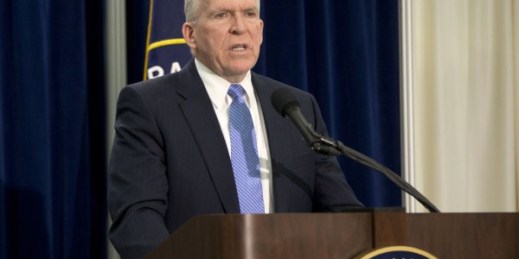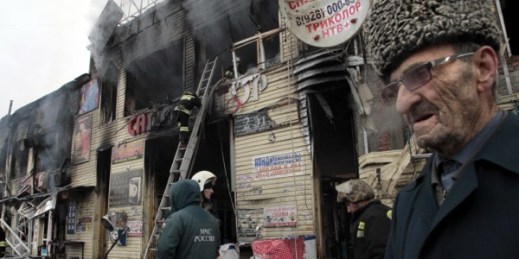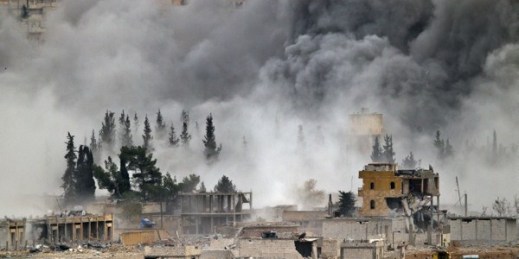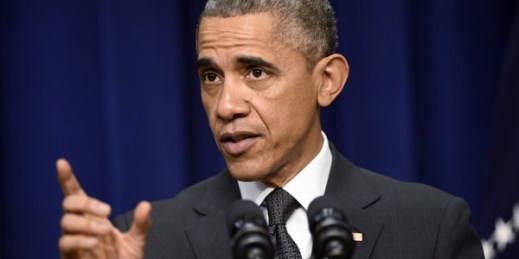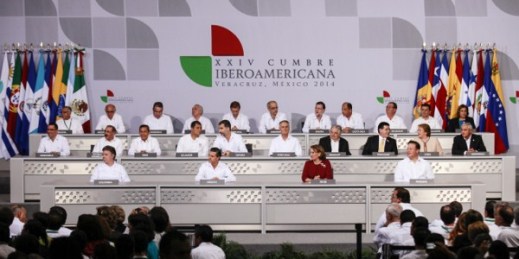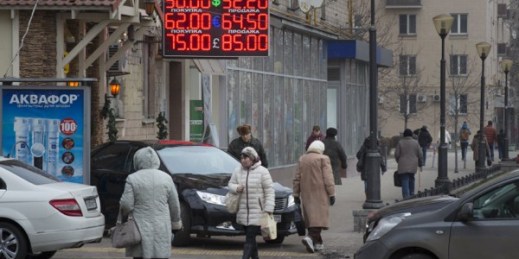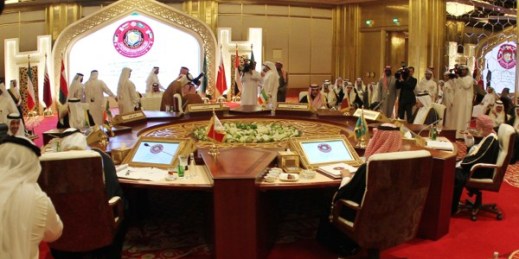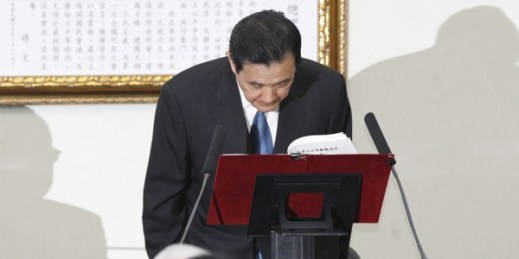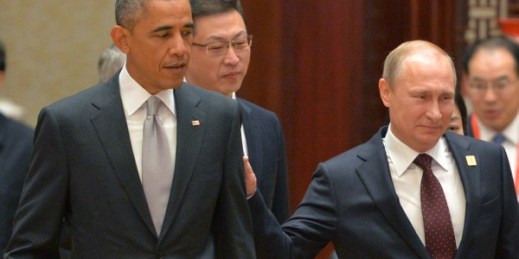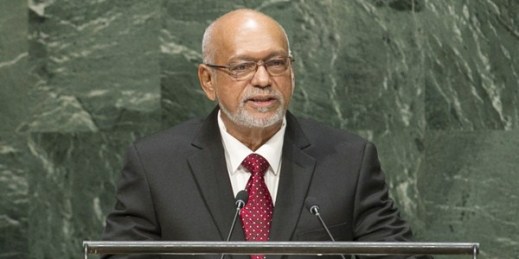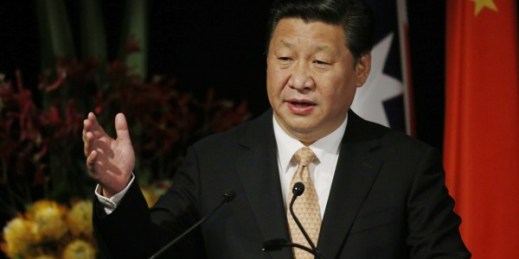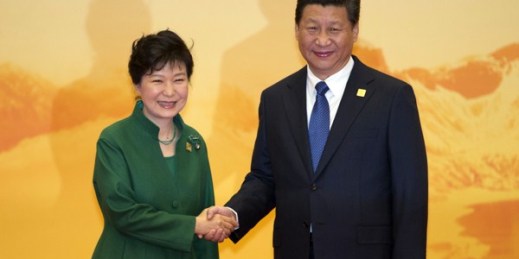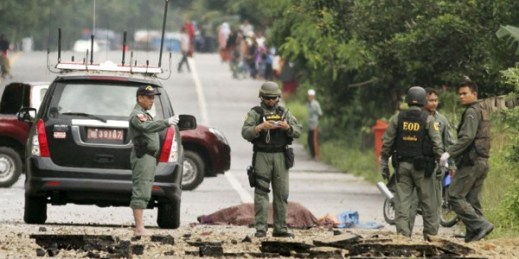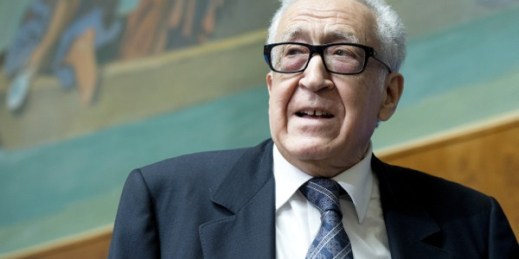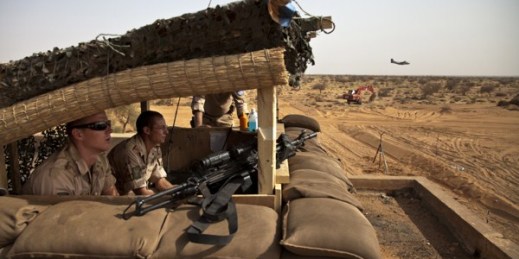
International crisis management does not evolve in a linear or rational fashion. It develops in fits and starts, almost always in response to specific shocks. Just as the Rwandan genocide and Srebrenica massacre reshaped United Nations peacekeeping in the 1990s, forcing the U.N. to professionalize its management systems and start thinking systematically about protecting civilians, 9/11 led NATO to shift from regional stabilization in the Balkans to long-range expeditionary warfare in Afghanistan. Had U.N. or NATO officials known at the time that, by adapting to these events, they were heading for the quagmires of Darfur and Helmand respectively, they might […]

